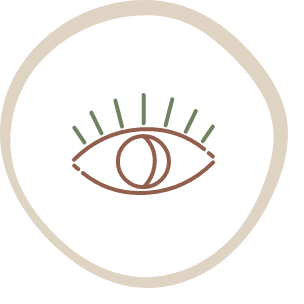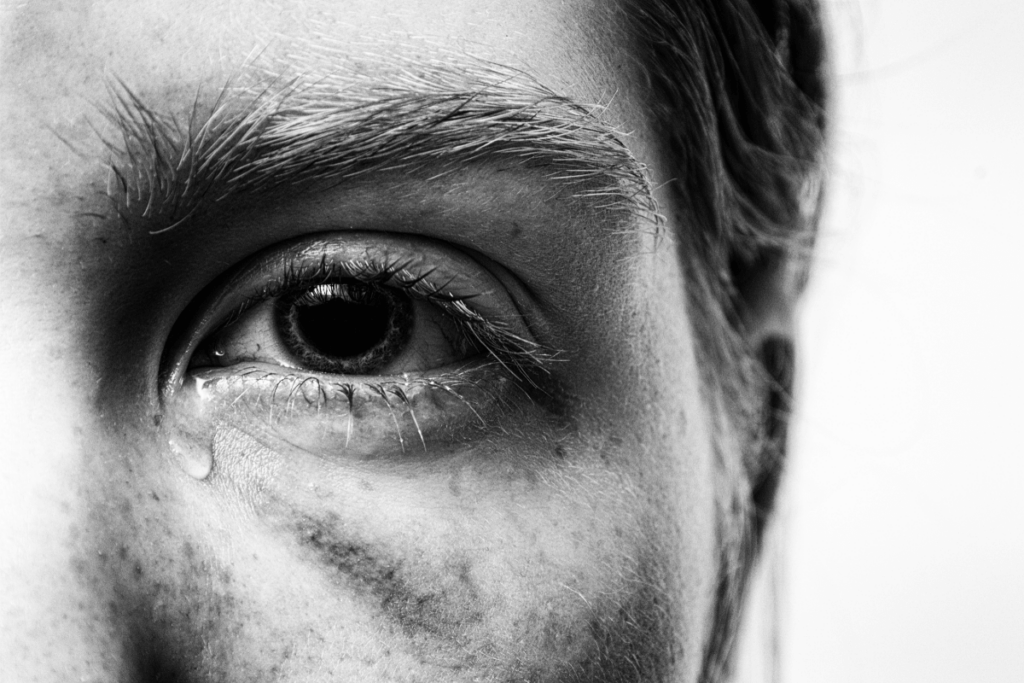Conditions We Treat at Our Mental Health IOP Scottsdale
Mental Health Disorders
Mental health disorders, also known as mental illnesses, impact thinking, feeling, mood, and behavior. They can be occasional or long-lasting (chronic) and may affect a person’s ability to relate to others or function in their day-to-day lives.
Depression, bipolar disorder, other mood disorders, eating disorders, and psychotic disorders are all classified as mental health disorders. Anxiety disorders, including obsessive-compulsive disorders, phobias, and panic disorders, are also mental health disorders.
Mental health disorders are treated based on the type and severity, but it typically involves therapy. Depending on the nature of the mental health disorder, it may be treated in an inpatient (hospital) setting or with outpatient treatment in Scottsdale.
Trauma-Related Disorders
When people experience a stressful event and have trouble returning to a normal state of mind afterward, they can develop a mental health disorder tied to the experience – a trauma-related condition.
There are several types of trauma-related disorders, including post-traumatic stress disorder, acute stress disorder, adjustment disorder, complex trauma, chronic trauma, acute trauma, and other unspecified trauma and stress-related disorders. In children, trauma can manifest as reactive attachment disorder or disinhibited social engagement disorder.
Trauma-related disorders can be successfully treated using various therapy methods, including somatic experiencing and eye movement desensitization and reprocessing (EMDR). These methods can help relieve the psychological stress associated with traumatic memories.
Personality and Dissociative Disorders
Personality disorders are mental disorders characterized by unhealthy patterns of thinking, functioning, and behaving. Without treatment, personality disorders can be long-lasting and impact a person’s ability to connect with others and control their actions.
Several personality disorders range in symptoms and severity, including borderline personality disorder, dependent personality disorder, antisocial personality disorder, histrionic personality disorder, obsessive-compulsive personality disorder, and schizotypal personality disorder.
Dissociative disorders are characterized by problems with memory, identity, emotion, perception, behavior, and sense of self. People with dissociative symptoms may feel detached from their bodies or experience memory loss and amnesia. Dissociative disorders are often associated with trauma.
The recognized dissociative disorders include dissociative amnesia, dissociative identity disorder, and depersonalization/derealization disorder.
With appropriate treatment, both personality disorders and dissociative disorders can be treated. The treatment may involve psychotherapy, including cognitive-behavioral therapy, dialectical behavior therapy, and group therapy, either in an inpatient or outpatient setting. The therapy methods vary by the nature and severity of the disorder.
Learn More










